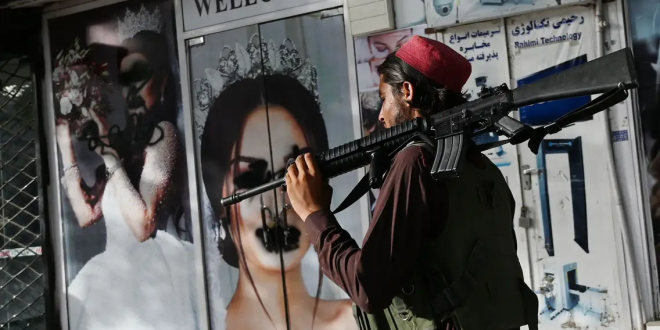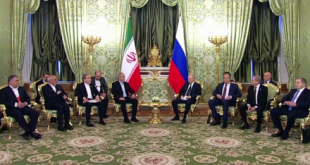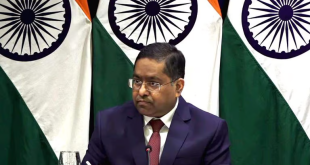AT News
KABUL – Afghan women are experiencing heightened fear and insecurity when leaving their homes unaccompanied, driven by strict decrees enforced by the Taliban, according to a recent report from the United Nations mission in Afghanistan.
Published on Friday, the report arrives just ahead of a crucial U.N.-convened gathering in Qatar, where member states and special envoys to Afghanistan will convene to address various crises facing the nation, including its dire human rights situation.
Since assuming control of Afghanistan in 2021 amid the final stages of the U.S. and NATO withdrawal, the Taliban has implemented stringent measures, severely limiting women’s participation in public life. This includes barring girls from education beyond the sixth grade and imposing restrictions on women’s work, travel, and access to healthcare, particularly if they lack a male guardian.
The enforcement of these decrees, which also target women’s attire, has instilled a pervasive atmosphere of fear and apprehension among Afghan women. The report highlights instances of harassment, intimidation, and arrest by Taliban authorities, leading to significant distress and reluctance among women to venture into public spaces.
According to the report, over half of the women interviewed expressed feeling unsafe without a male guardian, known as a mahram. Even when accompanied by a male relative, women faced challenges and restrictions, undermining their ability to enjoy basic freedoms outside the confines of their homes.
The Taliban’s Vice and Virtue Ministry, responsible for enforcing these decrees, refuted claims of women’s fear, attributing it to those who fail to adhere to the Taliban’s interpretation of Islamic law. However, rights advocates, including Heather Barr from Human Rights Watch, underscored the gravity of the situation, emphasizing the urgent need for international attention and action to address the unprecedented crisis facing Afghan women.
The report underscores the critical role of international engagement in advocating for the rights and freedoms of Afghan women. Without meaningful reforms to lift these restrictions, the prospects for international recognition of the Taliban as Afghanistan’s legitimate government remain uncertain, as emphasized by the U.N. envoy for Afghanistan in previous warnings to Taliban leadership.
 Afghanistan Times
Afghanistan Times




